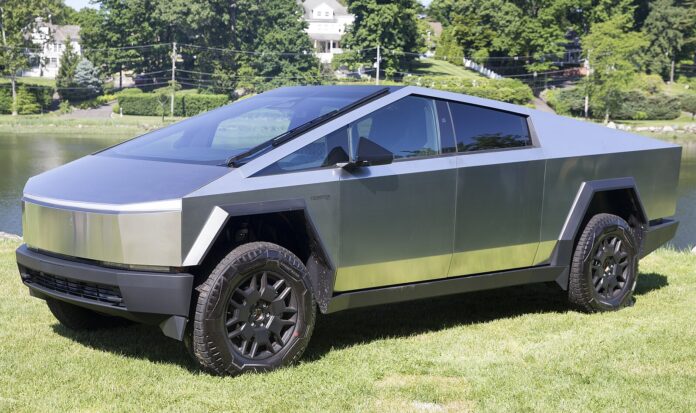
Tesla has extended its Middle Eastern footprint with the launch of Cybertruck sales in Qatar, a move announced by the company in a social media post. The decision comes on the heels of Tesla’s expansion into Saudi Arabia earlier in the year and reflects its effort to reach customers beyond North America, where it has faced cooling demand and growing competition.
The entry into Qatar adds to Tesla’s regional presence, which began in 2017 with operations in the United Arab Emirates. By bringing the futuristic Cybertruck to Doha, Tesla has now established a three-country foothold in the Gulf—UAE, Saudi Arabia, and Qatar—each serving as a platform to test the appetite for its products in markets with heavy investment in transportation infrastructure and rising interest in electric mobility.
In April, Tesla staged a launch event in Riyadh, unveiling both the Cybertruck and a refreshed Model Y. The company outlined its plans to support sales with online ordering, temporary showrooms, service centers, and Supercharger stations. The Saudi debut also had a symbolic dimension, coming after years of strained relations between Elon Musk and the kingdom’s sovereign wealth fund. That fund was once linked to Musk’s 2018 “funding secured” proposal to take Tesla private, a plan that did not materialize and created a rift between the two sides.
The Cybertruck itself has drawn global attention since its first reveal in 2019 for its angular design and stainless-steel body. Production began in late 2023, and a recall filing earlier this year showed that more than 46,000 units had been built by March. Tesla does not disclose sales figures for the model by geography, making it difficult to assess early demand outside the U.S.
Competition in the Middle East market is intensifying. Chinese manufacturers BYD and Zeekr have made inroads, offering lower-priced electric vehicles with growing appeal. At the same time, U.S. rival Lucid Motors, which is heavily backed by Saudi Arabia’s Public Investment Fund, has established a manufacturing plant in the kingdom and is targeting luxury buyers.
Tesla continues to face pressure in its core markets. In the United States, the company posted record deliveries in the third quarter as customers rushed to take advantage of a $7,500 federal tax credit before its expiration at the end of September. Analysts warn, however, that demand could dip in the following quarter without the incentive, posing a challenge to maintaining momentum. In China, the world’s largest EV market, Tesla is contending with aggressive pricing from local brands and shifting consumer preferences.
The decision to expand Cybertruck sales to Qatar highlights Tesla’s broader strategy to diversify its customer base and strengthen its global presence. Gulf states have been pushing electric vehicle adoption as part of long-term sustainability plans, with investments in charging infrastructure and clean energy projects. For Tesla, aligning with these regional goals provides an opportunity to capture interest from buyers in wealthy urban centers while reinforcing its image as a global leader in EV technology.
As Tesla moves forward, its success in Qatar and across the Middle East will depend on how well it balances supply constraints, local competition, and evolving consumer expectations. For now, the launch adds another chapter to the company’s continuing push into new territories at a time when the electric vehicle industry is undergoing rapid change.
Image is licensed under the Creative Commons Attribution-Share Alike 3.0 Unported license and was created by Mr.choppers.